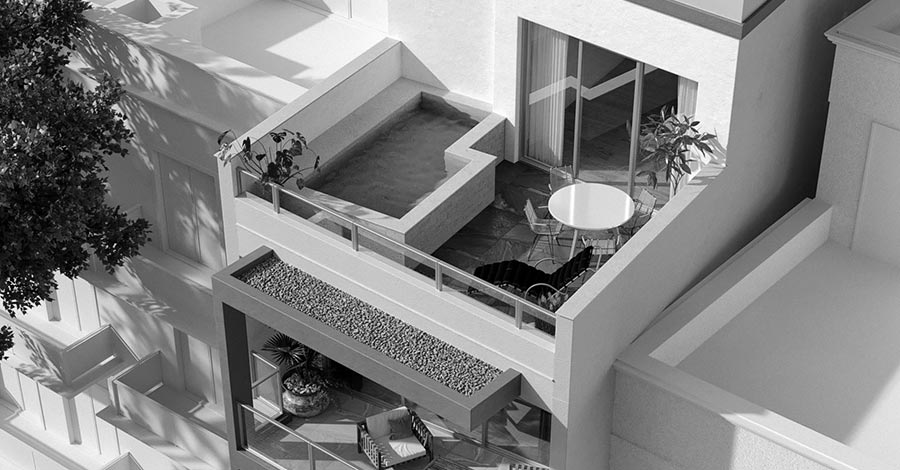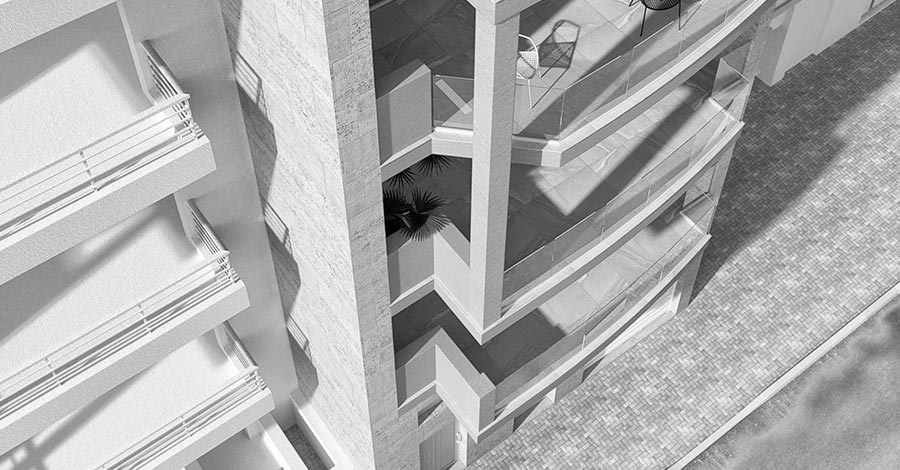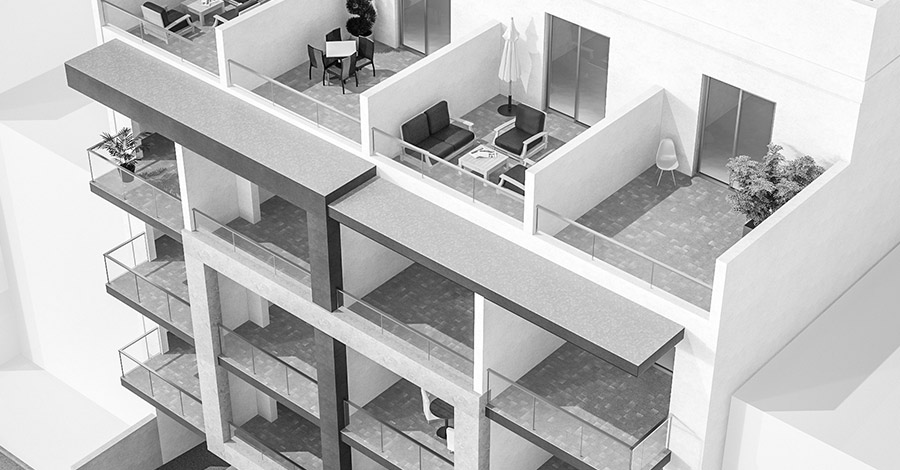Whether you’re looking at buying a second home, seeking to upgrade, renovate or invest, or if you are a first time buyer, buying a property in Malta is a lengthy process that can have complex considerations if you are unprepared for them. Best Deal Properties’ guide to purchasing a property is aimed at the first time buyer in Malta, and enables you to get a clear and comprehensive understanding of the entire purchasing process, from costs to loans, property viewing and more.
What are the costs of buying a property in Malta?
When buying a property in Malta there are more than just the costs up front to consider. There are running costs, loans and insurance payments to consider.
The upfront costs you will need are the deposit, typically 10% of the value of the property purchasing price, as well as notary fees and stamp duty.
What are stamp duty costs?
The standard stamp duty rate on a property in Malta is 5%, with 20% of this payable upon the signing of the Konvenju, and the remainder upon the final deed.
Thanks to a government incentive, first time buyers are exempt from paying stamp duty on the first €150,000 of the property price. This is applicable to both Maltese nationals and foreign residents.
What other fees are there during the property purchase?
First -time buyers in Malta need to appoint a notary to check the property and to oversee the contract. Notary fees typically amount to 1.5% to 2.5% of the property price.
I need a bank loan, where do I start?
To start the application process for your bank loan, you will need to set an appointment with a bank to establish your affordable monthly payments based on your current income and expenses. You must take into account any expenses including existing loans or credit card payments. There are various offers and packages available so don’t be afraid to shop around. You will need to provide evidence of income (FS3, months’ payslips of Income Tax Return if you are self-employed) as well as bank statements for any accounts with other banks, and a copy of the Konvenju. The bank will then process your request and, if successful they will issue the sanction letter enabling you to proceed with the purchase of your new home.
How much do I need to pay for the Home and Life Insurance policies?
The Home and Life Insurance policy payments vary depending on the type and the amount of cover, and should be discussed with your broker. We recommend that you shop around to get the best rate you can.
How do I start my property search?
Once you have determined what you can afford and that the bank will approve your loan, you can start looking for a property to buy. We recommend that you create a list of the areas and localities that you wish to live in, as well as your personal property requirements: how many bedrooms you need, parking availability, commuting time, school facilities, garden or outdoor space etc. Develop your list as you start to view properties, and determine what your essentials are.
I’m interested in a property, what do I do next?
Before you make an offer, take some time to view and inspect the property in detail. Does it meet your location and practical requirements? Does the property need work or is it finished and ready to move in to? Are you ready to make your offer and begin the notarial proceedings?
How long is the Konvenju period before signing the Promise of Sale?
Once you have signed the Konvenju and settled all of the terms within the contract, there is typically a period of a minimum of one month, during which time your notary will conduct the necessary legal searches, to ensure that you can possess the property. At this point you must settle the deposit on the property (10% of the final purchase price). Usually within three to six months the final deed can be settled, particularly in the case of first-time buyers.. In such cases with inheritance, buildings still under construction and other complications the Konvenju can be extended.
What happens when we sign the Final Deed?
If you have obtained a bank loan for the property purchase in Malta, then the Final Deed with be signed at the bank’s head offices together with the sellers, bank officials and your notary. The final deed will be read out, signed, payments will be settled and the keys to the property will be yours.











